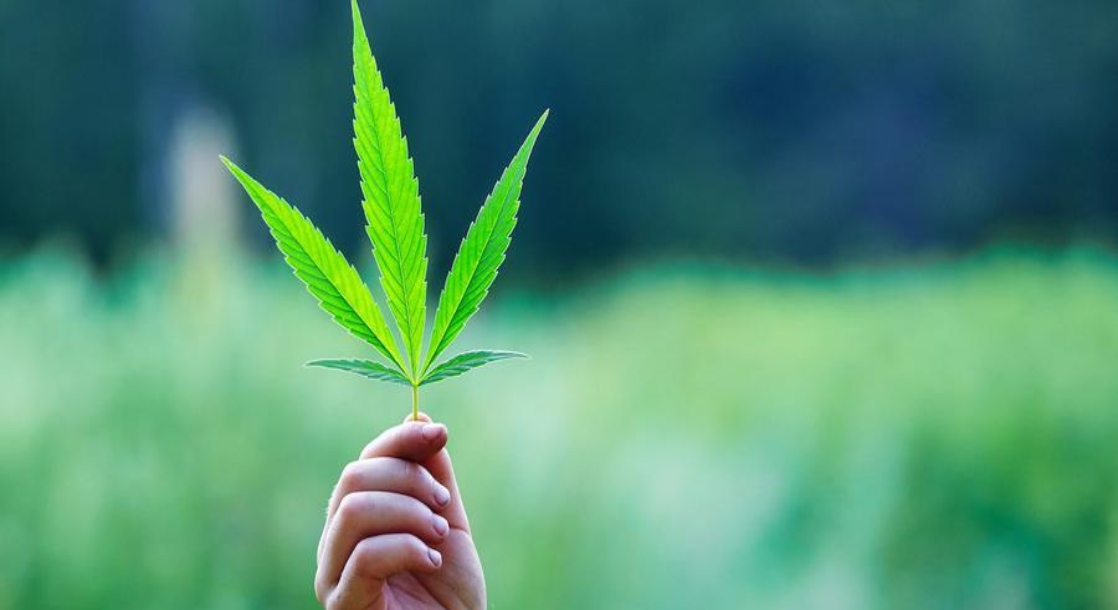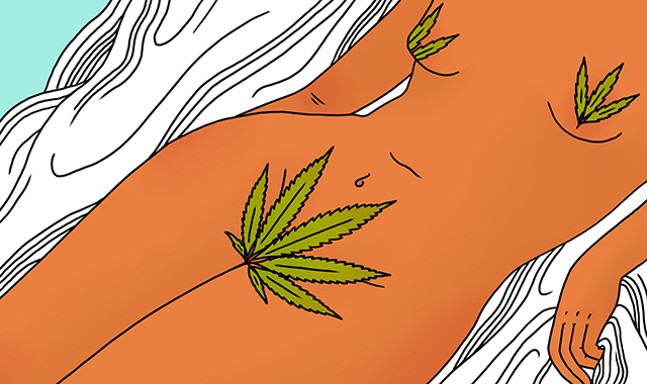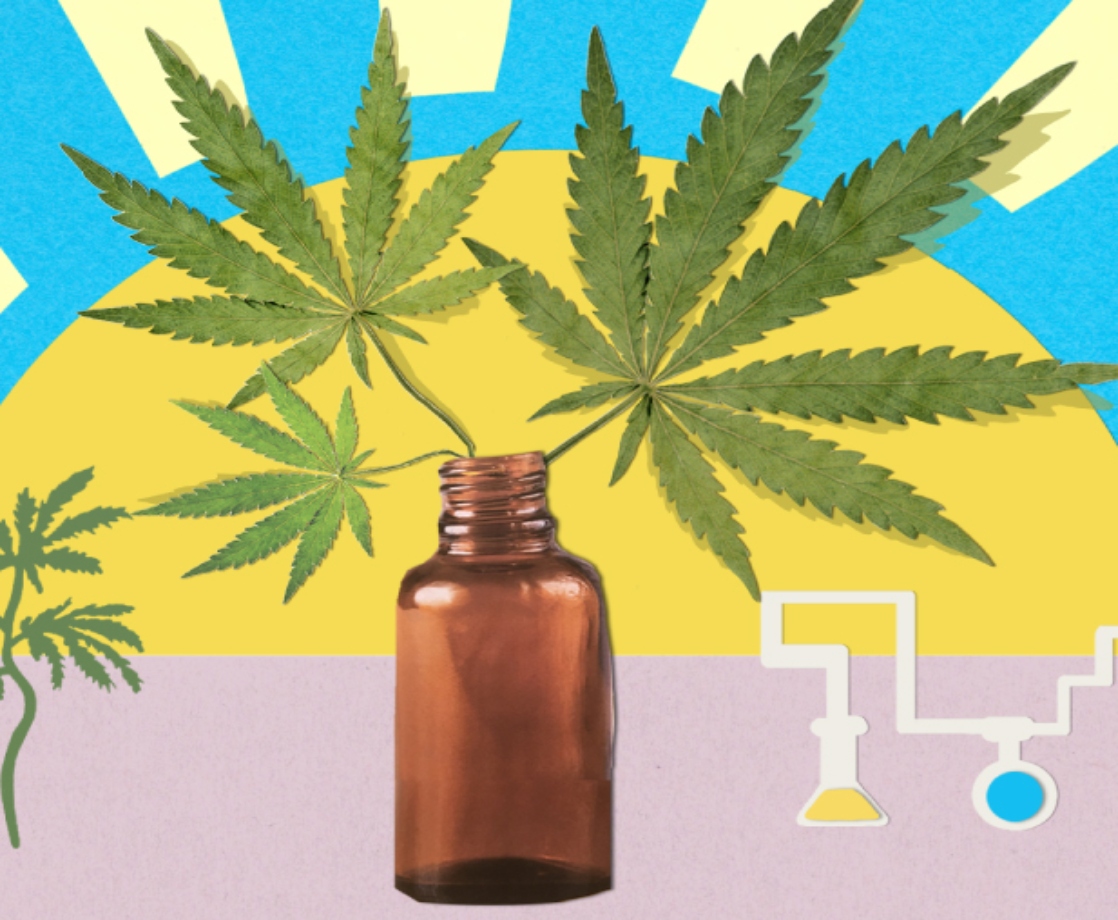By the end of the week, Southeast Asia’s very first legal cannabis products will be dispensed to the first 4,000 patients who registered for Thailand’s new medical marijuana program.
Last Wednesday, the Thai government’s drug agency shipped 4,500 5mL bottles of full-extract CBD oil to 12 hospitals across the country. These hospitals will in turn dispense the medicine to patients suffering from chronic pain, seizure disorders, chemotherapy-induced nausea, Parkinson’s disease, and other ailments. Somsak Akkslip, director general of the Health Ministry’s Medical Services Department, told Voice of America (VOA) that doctors could be prescribing this medicine by the end of the week.
Throughout Southeast Asia, the use or possession of cannabis is considered one of the most serious of all crimes, and in many of these countries, anyone busted with large quantities of weed can face the death penalty. Last December, Thailand broke with this tradition by legalizing the production of cannabis for medical and research programs. In stark contrast to the US, where it’s taken years for most states to get their medical weed programs underway, Thailand will get medicine to patients only eight months after legalization.
Despite this radical shift in policy, recreational cannabis still remains strictly prohibited. Anyone caught with 10kg of weed (that’s nearly 350 ounces!) or less can face up to five years in jail, and those busted with more can be put to death. This spring, it seemed like these severe punishments were about to come to an end. In March, the Bhumjaithai party, which campaigned on a platform of full adult-use legalization, won big in the country’s general election.
During the campaign, Bhumjaithai party president Anutin Charnvirakul promised that each Thai household would eventually be able to grow six cannabis plants for personal use. Charnvirakul is now Thailand’s Minister of Health, the ideal position from which to advocate for legal weed. But now that he is in public office, the new minister is reportedly backing down on his plans.
Chokwan Kitty Chopaka of the Highland Network, a Thai adult-use advocacy group, told VOA that Charnvirakul has been “badly” backpedaling on his plans. Instead of bringing legal marijuana to every home, the health minister has proposed to only allow a limited number of health volunteers to grow hemp for medical use. “So I don’t see recreational being [legalized] anywhere in the near future,” Chopaka said.
Akkslip agreed that there is very little support for full recreational legalization among the current government, but believes that the plans for limited hemp production could eventually pave the way for full legalization.
“If we can do this with high quality, and [the] Thai population has very high discipline, then we can grow it, I mean the people can grow it in their house,” he told VOA. “But that is a long time [away].”
Even if full adult-use is still a pipe dream, Thai officials still believe their new medical marijuana program will be a great success. “Cannabis can be grown in Thailand very easy, and I think our climate is very … good for cannabis to be cultivated, so I think it’s very high potential,” said Akkslip. “The first few years we have to [work] out the technology, how to cultivate with high quality to get the high CBD [content] without … other toxic agents.”
International cannabis consultancy firm Prohibition Partners predicted that the Thai medical cannabis market could top $237 million by 2024.











